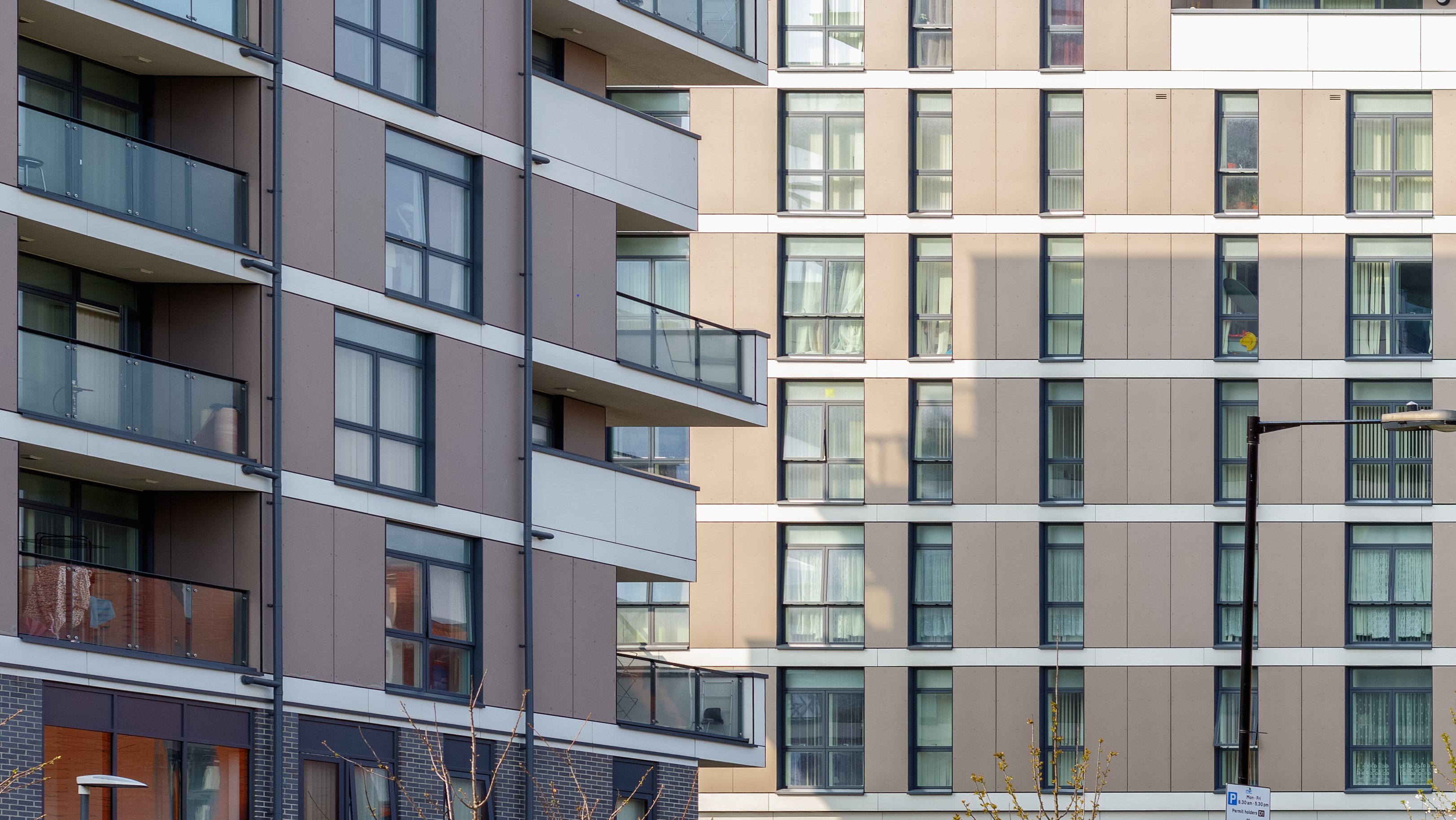
The regime introduced by the Building Safety Act 2022 places the safety of residents at its heart – meaning that those responsible need to start thinking about buildings holistically.
The changes made by the act should be seen as requiring dutyholders to fulfil their existing roles and responsibilities correctly. So although procedures may be changing, the functional requirements of the Building Regulations will remain the same.
The difference is that the Health and Safety Executive (HSE), in its function as Building Safety Regulator (BSR), will have the ability – and a duty – to question the safety of a building throughout the entire process, from initial design to occupation.
This will ensure that when a building is being designed, it is designed with the utmost safety in mind, and that this is equally important in the construction phase. Where dutyholders cannot give assurance that the building is safe, the BSR will have the power to intervene.
What doesn't change is that the responsibility for compliance sits firmly with those who do the work.
Regulator begins to register in-scope buildings
In April 2023, the BSR opened registration of higher-risk buildings (HRBs). An HRB must be registered with the regulator by 1 October 2023, a failure to do so being an offence under section 77 of the 2022 Act.
HRBs are defined as being 18m tall or higher, or having seven or more floors, and containing at least two residential units. The definition also includes hospitals and care homes up to the completion of construction.
From 1 October, the BSR becomes the building control authority for HRBs. From this date, you will have to apply for building control approval from the regulator if you are developing an HRB in England.
The biggest change you will notice is that the information we require from you will be significantly more comprehensive, and requested at a much earlier stage. You cannot begin building work until the BSR has given its approval.
All HRB work must gain approval
As a developer, you must consider the whole process from the outset. Before you submit a building control approval application, you must review how you are going to:
- construct your scheme
- manage any changes to the design
- meet the functional requirements of the Building Regulations.
If you plan to build a new HRB, create one through change of use or alteration or extension, or plan to undertake work to an existing in-scope building, you will need to follow the new building control regime.
This means:
- you construct the work in accordance with the approval
- the work complies with the Building Regulations
- if you plan to make changes, you obtain approval before you carry them out
- you submit information at the end of a project to demonstrate how you have complied with the functional requirements – essentially, that you have built what you said you were building.
Dutyholders, principal accountable persons and accountable persons will have to demonstrate – not just declare – to the regulator how their building is designed, built and managed, ensuring that all their legal responsibilities are fulfilled.
The better quality your application is, the more straightforward it will be for the BSR to evaluate.
Applications require detailed evidence
As an applicant, you must articulate how any standard or document cited in support of your application allows functional requirements to be achieved. Note that any such supporting material contributes to the golden thread of building safety information required under the new regime.
The client has high-level, overall responsibility for ensuring arrangements are in place to create and manage the thread through design and construction. But it is the principal designer who will manage it on a day-to-day basis throughout the design phase.
The most recent draft of the HRB regulations – which are yet to be finalised – lists the following documents that will have to accompany an application:
- a competence declaration
- a Building Regulations compliance statement
- a fire and emergency file
- a construction control plan.
You must ensure these documents are updated throughout construction, and present current versions to the BSR as part of your application for a building completion certificate.
To be approved, an application for such a certificate must contain sufficient information to show how the building conforms with the approved design and satisfies all the applicable functional requirements.
The BSR will carry out final inspections of the building work. A completion certificate must be obtained before you can pass gateway 3 to register your HRB and move on to occupation.
Please ensure that you sign up for our monthly e-bulletin to keep up to date with developments in the new building safety regime; we will, for instance, advise when secondary legislation is finalised. The e-bulletin also provides updates on BSR events you may want to attend.
RICS aims to be competence assessment provider
RICS is seeking approval from the HSE to serve as an independent competence assessment scheme provider. This will ensure its members can demonstrate their competence to be registered under the different classes defined in the new Building Inspector Competence Framework.
A survey has been issued to all members involved in building control, seeking information about how many members may wish to register with the BSR before 1 April 2024. If you have not received the survey, please contact the RICS standards team so we can ensure you can participate.
RICS will send further communications to members practising in building control over the summer.
Related competencies include: Data management, Fire safety, Inspection, Legal/regulatory compliance

